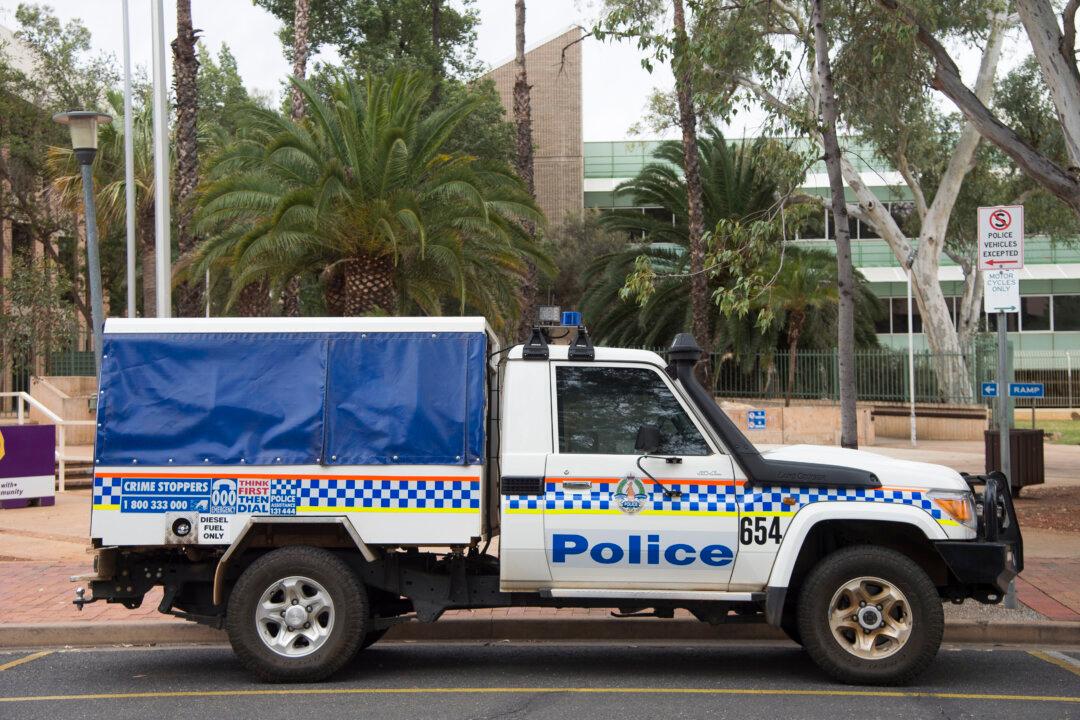In the wake of a rise in anti-social behaviour in the Northern Territory, the state government has passed new curfew legislation allowing police greater scope in enforcing public order, including declaring snap curfews.
Over the past few months, Alice Springs has been plagued by civil unrest involving youths, with violent offences by 12- to 17-year-olds reaching their highest levels since 2016.





